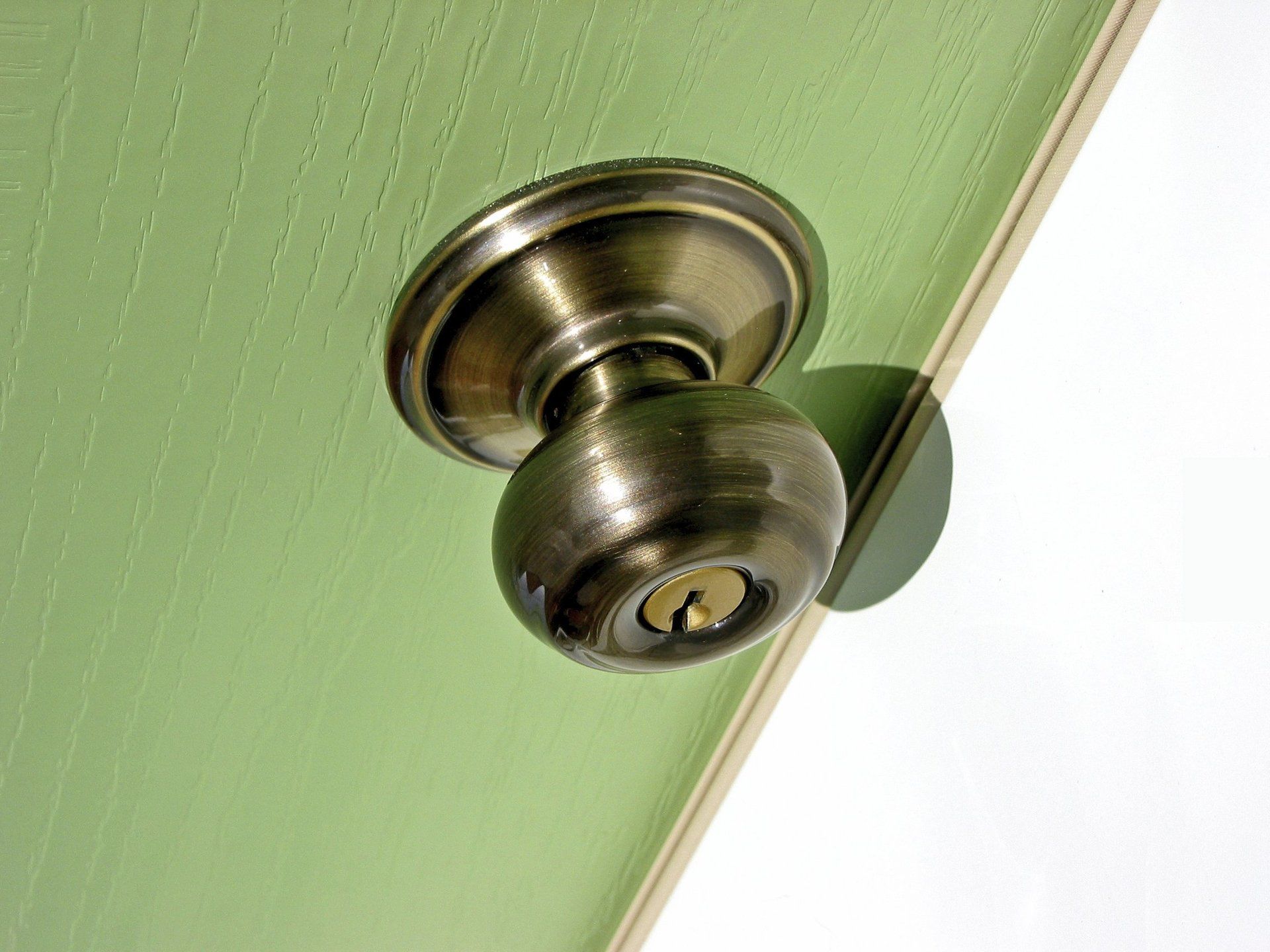ARE PUBLIC SCHOOL DISTRICTS NATIONWIDE REFUSING TO ALLOW PARENTS TO WITHDRAW THEIR CHILDREN FROM ENROLLMENT IN ORDER TO HOMESCHOOL?WHAT IS THE TRUTH?

In this case, it appears that the rumor may have begun with a news article and an anecdotal report from one parent in Oregon who was given some information from one school district employee.
The article appeared in the Oregonian on April 6, 2020. It was entitled, “How Oregon Public Education Is Looking 3 Weeks into Corona Virus Closures”. In one part of the story, the reporter discusses the Governor’s Executive Order and how it affects the state’s “public online academies”. Apparently, the Governor’s Executive Order “advises” public schools to close and that “no students are able to withdraw or enroll in any schools during the school closure”, with the school closure lasting at least through April 28, 2020. The relevant portion of the article is quoted below:
“While it remains unclear which parts of Gov. Kate Brown’s school closure order applies to the state’s public online academies, officials at those schools are certain that they can’t accept new students.
Oregon Connections Academy, the state’s largest such institution with an enrollment of 3,886 as of October, won’t allow visitors to advance past the initial enrollment screen on its site.
“Due to Governor Brown’s Executive Order 20–08, as of March 27, 2020 the Oregon Department of Education has advised that no students are able to withdraw or enroll in any schools during the school closure. This closure lasts through April 28, 2020 and this timeline could potentially be extended,” a prompt reads.”
In another online article, it was reported that one family in Oregon, who sent in a letter of intent to withdraw their children from enrollment in a local public high school in order to homeschool, was told by a school employee that the employee was unable to “inactivate” any student’s enrollment. The online article went on to say that other schools in Oregon have made similar announcements, and that HSLDA (Homeschool Legal Defense Association) had a “similar horror story” on its website concerning a Florida family.
The type of language in these stories and articles seemingly is dramatic, and evokes fear and concern. Understandably, parents do not want to lose their right to choose the education for their child that meets their needs, including homeschooling, nor should they lose that right. The question is, are they losing their right? What are the facts?
One fact is that we are in the midst of a declared national emergency. Another fact is that states also have declared statewide emergencies. Many state statutes, already in existence prior to the emergency, delegate certain powers to the Governors during an emergency that, normally, they would not have. Whether or not this is Constitutional is a question that needs to be answered at some point, but, at the moment, we have to look at what the existing law says, and what the new emergency executive orders say, to determine the facts about what is happening.
The Oregon Governor’s Executive Order relevant to this issue can be found here:
< https://www.oregon.gov/newsroom/Pages/NewsDetail.aspx?newsid=36318> ;
The Oregon Education Department’s website, there is a Frequently Asked Questions section, which you can find here: < https://www.oregon.gov/ode/students-and-family/healthsafety/Pages/COVID-19-FAQ.aspx>. Two of the questions asked are about enrollment, as follows:
“Q: Can districts enroll students? (April 6)
A: This is not a district decision at this time. Under the Executive Order 20-08, districts and charter schools are operating with enrollment and State School Fund levels held at a steady-state. ODE is working on further clarification regarding how funding, enrollment, and transfers will be approached in implementing Distance Learning for All during extended school closure.
Q: Are virtual charter schools still not allowed to enroll students who wish to leave their districts of attendance? (April 6)
A: On March 17, all public schools, including those operated by school districts, education service districts (ESDs), and public charter schools were closed through April 28 under Governor Brown’s Executive Order 20-08. This order is consistent with the mitigation strategies recommended by the Oregon Health Authority (OHA) and the Center for Disease Control (CDC) with regard to COVID-19, in order to slow the spread of the disease and to protect Oregonians at the highest risk of contracting the disease.
This executive order includes virtual public charter schools as well as other online schools operated by school districts in Oregon. However, schools that were delivering school online prior to the closure or were capable of fully delivering school online after the closure - without in-person contact - were allowed to continue to operate under guidance by the Oregon Department of Education. The continuation of services by online or virtual schools operated by school districts or virtual charter schools has not been interrupted as further guidance has been developed.
In order to continue receiving allocations from the SSF as allowed by the executive order, on March 31. schools were also directed to provide “Distance Learning for All” students as well as emergency management response to provide meals to students and emergency child care for first responders, emergency workers, health care professionals. Under this guidance, virtual public charter schools may continue to operate by providing SEALS through regular delivery of online school to students and coordinating with their sponsoring school district regarding any support for emergency management response.
Under this guidance a closed virtual public charter school may operate to provide online education services under the following conditions:
With the closure of the school under the executive order, the school may not enroll new students after March 26, 2020 until schools are reopened by the Governor. The schools may continue to serve all students enrolled prior to March 27, 2020.
Comply with all of the conditions laid out in the Governor’s executive order paragraph 4(a) to (e). One method of compliance is to coordinate with their sponsor district to support the efforts of the district to meet the requirements of the executive order. This may include supporting the delivery of “Distance Learning for All”, https://www.oregon.gov/ode/educator-resources/standards/Pages/Distance-Learning-for-All.aspx school meals and the provision of child care.
Continue to regularly pay all employees and may assign employees to provide supplemental services and emergency management activities.
Virtual public charter schools may not enroll new students or withdraw existing students during the period of school closure. Additionally, State School Fund allocations for the remainder of the 2019-2020 school year will be based on the virtual public charter school’s ADM in the 2nd period ADM data collection as of December 31, 2019. Changes to ADM and resulting weighting (ADMw) for the remainder of the 2019-2020 school year will be adjusted in the State School Fund reconciliation in May 2021. Virtual public charter schools will receive State School Funds pursuant to state law, their charter agreement and if they are in compliance with the Executive Order 20-08 and ODE guidance. Where there is a conflict between state law or their charter agreement and an Executive Order of the Governor, the Executive Order prevails pursuant to the Governor’s emergency powers.”
In other words, the Governor closed all public schools, and are “operating with enrollment and State School Fund levels held at a steady-state”, and decisions about enrollment are not left up to the local school districts “at this time”. Apparently, the Governor has decreed that nothing will change about enrollment during the emergency shutdown.
Does this mean that the state of Oregon, or its local public school administrators, are attacking homeschoolers, or the rights of parents, by being “unable to inactivate a student’s enrollment” during the shutdown? Anything is possible, but it would be a difficult argument to make, at this time, under these facts.
Just to make sure, we looked at the Oregon state statutes, and administrative regulations, regarding homeschooling. They can be found here:
< https://www.oregonlegislature.gov/bills_laws/ors/ors339.html> ;
And
< https://secure.sos.state.or.us/oard/viewSearchRule.action> ;
As you can see, the existing law about homeschooling in Oregon has not changed. Parents still have the right to withdraw their children from public school, or be exempted from compulsory attendance at a public school, assuming they follow the procedures listed. However, because of the national and state emergency Executive Orders, it appears that those existing laws are superseded during the emergency shutdown. Assuming the Executive Orders were issued lawfully and Constitutionally, they are the law of the state right now, and it would appear that the school employee may have been following that law when indicating that the employee was unable to “inactivate” enrollment at this time.
There is a long history of homeschooling in Oregon, and in other states, and there are many laws on the books upholding the right to homeschool. It is unlikely that those laws will be permanently abrogated or overturned, once the emergency ceases.
On the other hand, do parents in Oregon have the ability to withdraw from enrollment, at this time, during this emergency? Under the Governor’s Executive Order, apparently not. Does that mean that after the emergency is lifted that parents will not be able to withdraw from enrollment to homeschool? Highly unlikely. That’s because the emergency Executive Orders no longer will be in effect, and things will revert to existing statutory and regulatory law, which does allow for withdrawal and homeschooling. Of course, as always, parents need to watch their legislatures to ensure that they do not propose amendments to those existing laws, but until and unless that happens, existing statutes and regulations prevail.
The point is that we are all in a very unusual and very stressful time, when many laws are superseded by emergency powers of Governors. They are still only emergency, temporary, powers, and life will return to a new normal, hopefully, very soon. Unfortunately, many of our normal rights are on hold, including and especially our right of association. Does this mean we have to like it, or that it is Constitutional? No, but this is not the time, to let emotions get the better of us. It is natural to be fearful, and even angry, about the potential or real loss of rights, but we must strive to overcome the fear and anger, to think critically, to find out the facts, and to act appropriately upon those facts, if and when necessary. Rest assured, that when the emergency ends, if any threat to the permanent removal of the rights of parents to freely educate their children exists, as always, NHELD will defeat it.
Attorney Stevenson is the founder of National Home Education Legal Defense, LLC. For more information you can go here:
Join us on Facebook -
< https://www.facebook.com/groups/57298261707/events/> ;
Or
< https://www.facebook.com/groups/1124284231284893/?epa=SEARCH_BOX> ;










